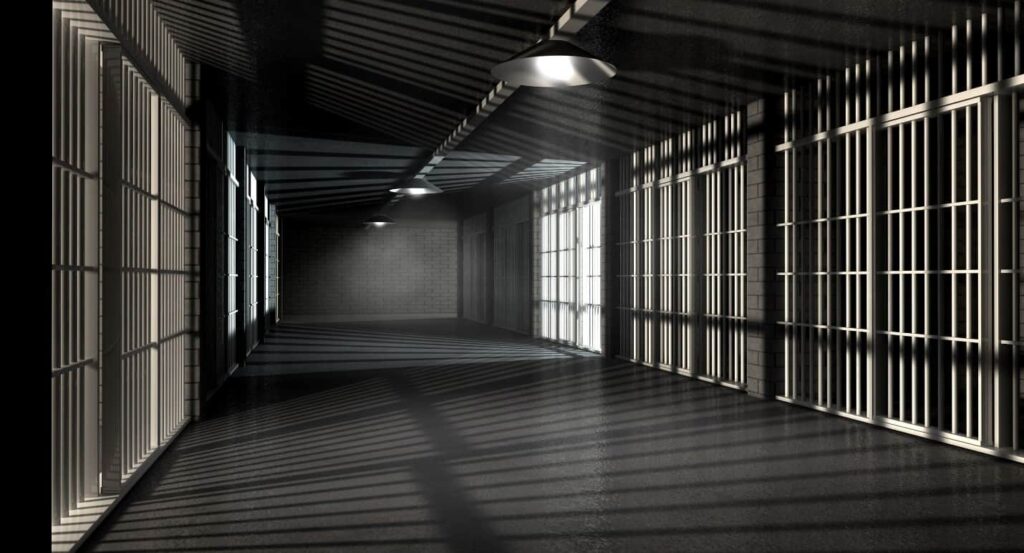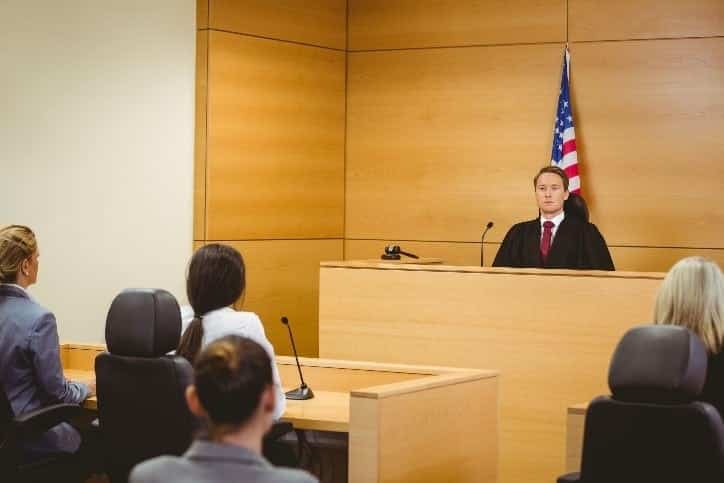Colorado Theft Laws: Penalties and Defense Strategies
July 1, 2025

How to Let Your Irish Out in Denver Without Getting a DUI
Colorado Juveniles are Most Likely to Commit These Crimes
Few things come with more of a stigma than child pornography charges.
Being labeled a sex offender is bad enough, but if you’re thought of as someone who preys on children, you may find yourself completely abandoned by people you thought cared about you and your well-being.
In this post, we’re going to outline child pornography laws and penalties in Colorado and at the federal level, then detail several potential defense strategies that a skilled Denver criminal attorney might employ to help you reach the best possible outcome in your case.
The possession, sale, and creation of child pornography is strictly prohibited in Colorado. Possession of over 20 items or several different convictions on related charges can result in enhanced sentencing.
Colorado state law prohibits the following acts:
Penalties for a conviction fall along the following guidelines:
Federal law defines child pornography as any visual depiction of sexually explicit conduct involving a minor under the age of 18 years. An image does not need to depict a child engaging in sexual activity. It needs only to be sexually suggestive to count as child pornography. Consent by a child under 18 years is not a valid defense under federal law.
The federal law punishes the possession, production, distribution, and reception of child pornography. It also punishes anyone who allows, coerces, entices, induces, or persuades a child to participate in sexual exploitation to produce an image.
If the offense of child pornography crosses state or international lines through the mail or the internet, federal laws will go into effect.

A convicted offender can be punished under both state and federal law, or simply under state law, depending on the circumstances.
Lack of Intent. In order to be convicted of child pornography possession, the prosecutor must prove that you intended to possess the materials in question. For example, it is possible that the materials were put on your computer maliciously or that you downloaded them on accident.
Lack of Knowledge. This can be similar to lack of intent, but the difference is that in this case you didn’t even know that the materials contained child pornography. Perhaps they were downloaded from a mislabeled link. Or someone sent them to you without telling you what they were.
Incriminating Material Not Yours. Are you the only person who uses your computer? If there are multiple users, it may be possible to argue that the offending materials do not belong to you – even though they are on your computer. This type of defense can potentially be used with physical materials as well.
Material Does Not Qualify as Child Pornography. Content has to meet a specific legal definition to be considered child pornography. If you can show that the material you have been accused of possessing is not, in fact, child pornography, the charges should not apply to you.

About the Author:
Denver-based criminal defense and DUI attorney Jacob E. Martinez is a knowledgeable and experienced litigator with a record of success providing innovative solutions to clients facing criminal charges of any severity. Mr. Martinez has been designated a Top 100 Trial Lawyer by the National Trial Lawyers and has been awarded both the Avvo Client’s Choice Award and Avvo Top Attorney designation, evidencing his reputation for his exemplary criminal and DUI defense work and high moral standards.